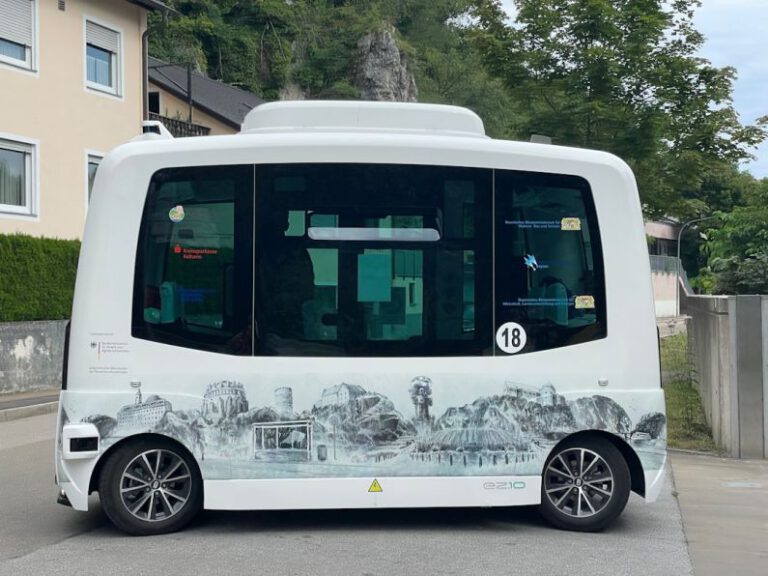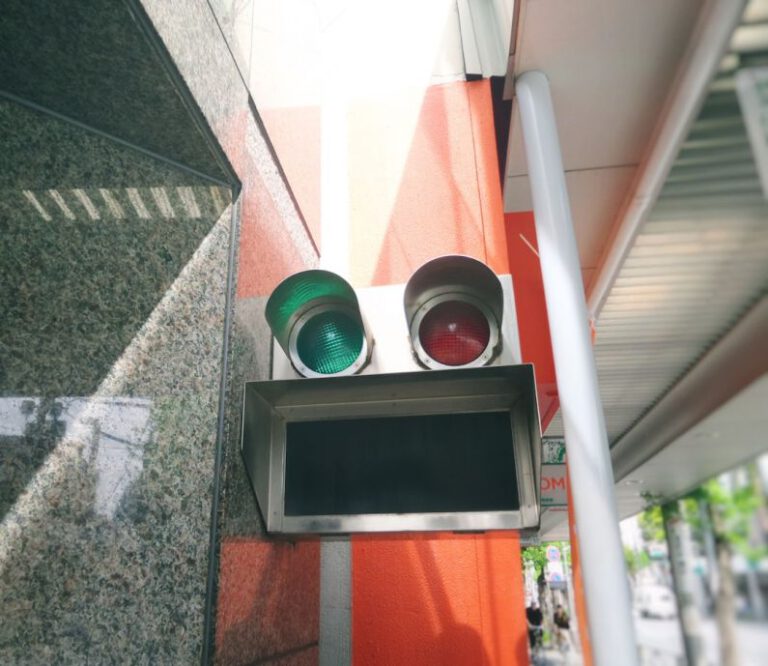The Blueprint of Tomorrow: the Framework of a Smart City
In the intricate web of urban development, the concept of a smart city has emerged as a beacon of innovation and efficiency. A smart city utilizes technology and data to enhance the quality of life for its residents while promoting sustainability and economic growth. As we stand on the cusp of a new era defined by rapid urbanization and digital transformation, understanding the framework of a smart city becomes crucial in shaping the cities of tomorrow.
Defining a Smart City
At the core of a smart city lies the integration of information and communication technology (ICT) to manage a city’s assets and resources efficiently. From transportation systems and energy grids to public services and governance, a smart city leverages data analytics and connectivity to optimize operations and improve the overall urban experience. By fostering innovation and collaboration among stakeholders, smart cities aim to address pressing urban challenges while fostering a more sustainable and inclusive environment for their residents.
Key Components of a Smart City
1. Sustainable Infrastructure
A sustainable infrastructure forms the backbone of a smart city, encompassing energy-efficient buildings, renewable energy sources, and advanced waste management systems. By prioritizing eco-friendly practices and reducing carbon emissions, smart cities strive to create a more resilient and environmentally conscious urban environment.
2. Connected Mobility
Connected mobility solutions, such as smart transportation networks and autonomous vehicles, play a crucial role in enhancing urban mobility and reducing traffic congestion. By integrating real-time data and smart sensors, smart cities can optimize transportation routes, improve public transit systems, and promote alternative modes of transportation to create a more seamless and efficient urban mobility experience.
3. Digital Governance
Digital governance is essential for enhancing transparency, efficiency, and citizen engagement in a smart city. Through the use of digital platforms and e-governance services, residents can access public information, participate in decision-making processes, and interact with government agencies more effectively. By embracing digital governance practices, smart cities can foster greater accountability and responsiveness in their administration.
4. Data-driven Decision Making
Data-driven decision making lies at the heart of a smart city, enabling policymakers and urban planners to make informed choices based on real-time data and predictive analytics. By harnessing the power of big data and IoT devices, smart cities can monitor key urban metrics, identify trends, and anticipate future needs to optimize city operations and enhance service delivery for residents.
Challenges and Opportunities
While the concept of a smart city holds immense promise for urban development, it also presents a unique set of challenges that must be addressed to realize its full potential. Privacy and security concerns, digital divide issues, and the high cost of implementing smart technologies are some of the key obstacles that smart cities face in their journey towards becoming more sustainable and inclusive.
However, these challenges also present opportunities for innovation and collaboration among stakeholders to develop holistic solutions that address the diverse needs of urban communities. By fostering a culture of partnership and co-creation, smart cities can leverage the collective expertise of government agencies, private sector companies, academic institutions, and citizens to co-design and implement sustainable urban solutions that benefit all stakeholders.
The Road Ahead: Shaping the Cities of Tomorrow
As we look ahead to the future of urban development, the blueprint of a smart city offers a compelling vision for creating more livable, sustainable, and resilient urban environments. By embracing technology, data, and innovation, smart cities can unlock new opportunities for economic growth, environmental stewardship, and social inclusivity, shaping the cities of tomorrow into vibrant hubs of creativity and progress.
In conclusion, the framework of a smart city represents a paradigm shift in urban planning and development, ushering in a new era of connectivity, efficiency, and sustainability. By harnessing the power of technology and data, smart cities have the potential to transform the way we live, work, and interact with our urban environments, paving the way for a brighter and more prosperous future for generations to come.






